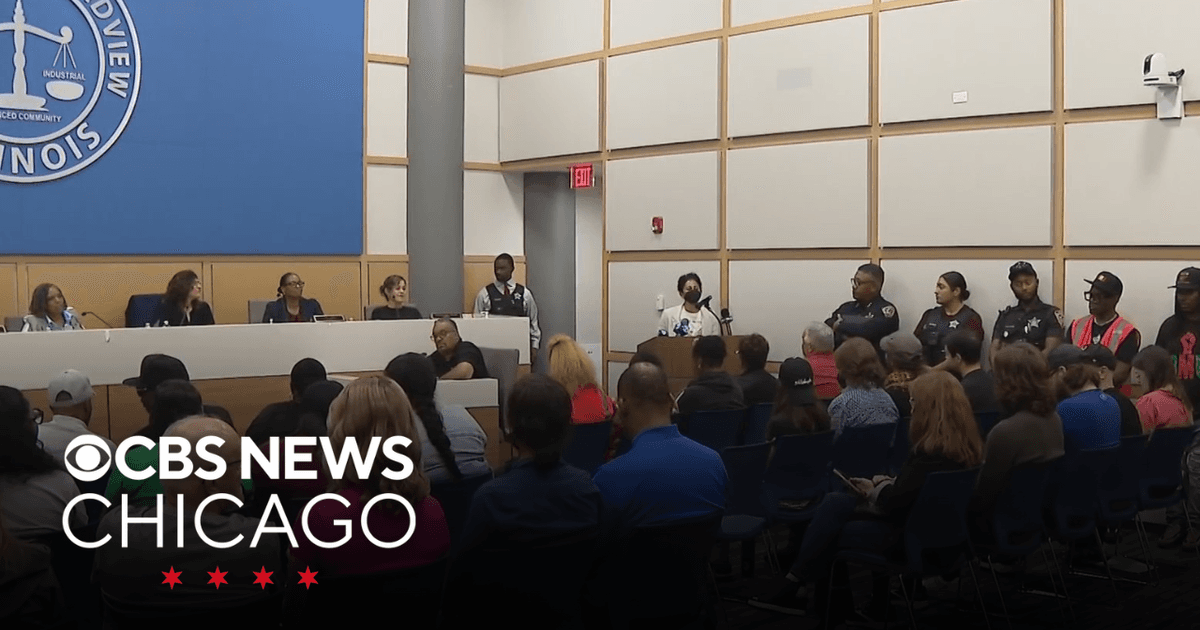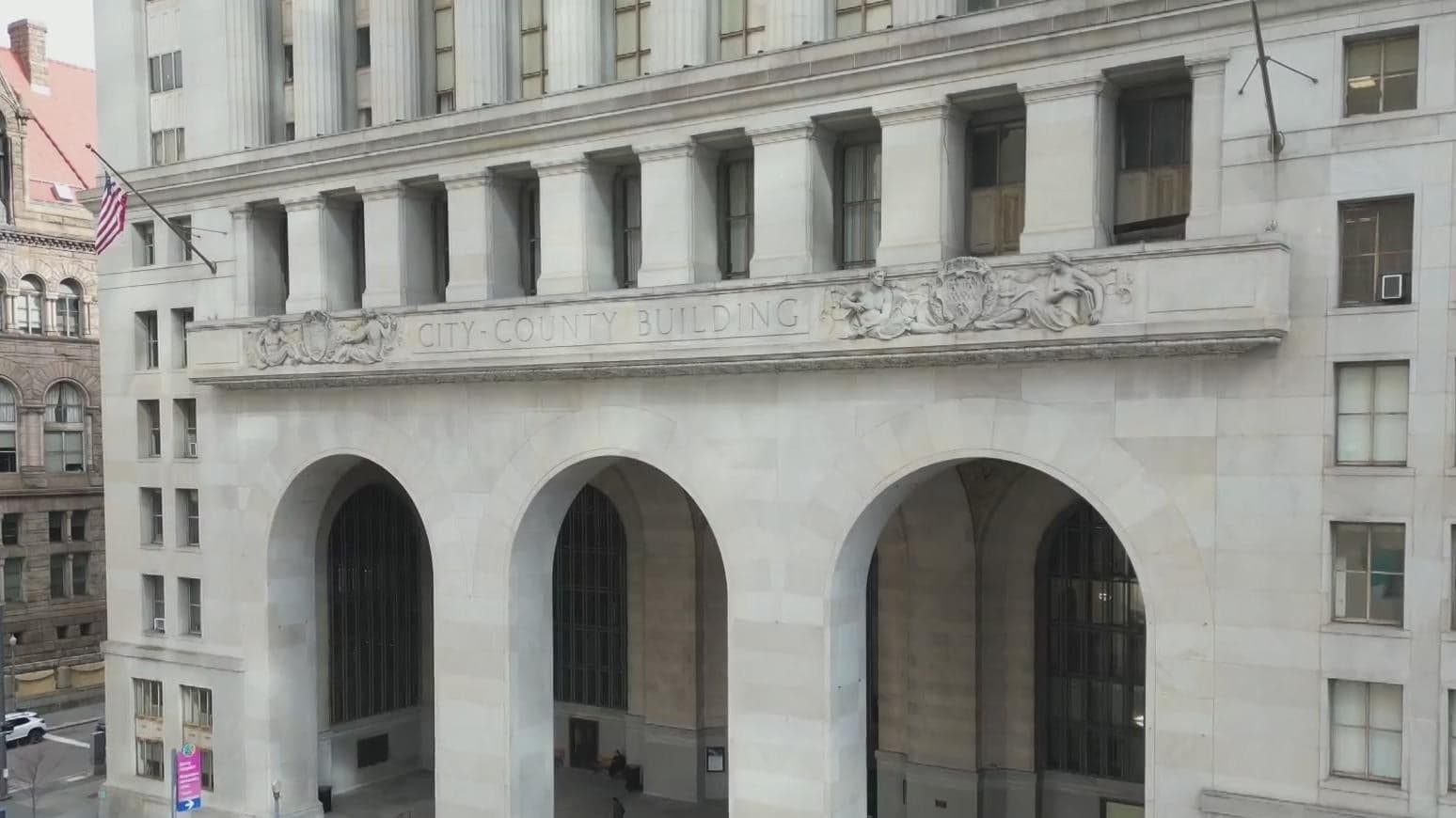Bronzeville Church Expands Weekly Groceries as Demand Surges
A Bronzeville church has stepped up to provide weekly grocery giveaways as more residents seek emergency food assistance, highlighting strains on local social services. The effort matters because municipal budget disputes and rising household costs are increasing reliance on faith based and community providers to meet basic needs.

A Bronzeville church is expanding a weekly grocery giveaway to respond to growing need among residents, a sign of mounting pressure on grassroots relief networks as municipal and national stressors squeeze households. Volunteers at the church have increased distribution days and shifted resources to accommodate consistently larger turnouts, as families report tighter budgets and fewer safety net options.
Community leaders say the surge in demand is occurring against a backdrop of contentious city politics and fiscal uncertainty. Chicago this month saw the City Council reject a key component of Mayor Brandon Johnson's proposed 2026 budget, a move that leaves unanswered questions about funding for local services that low income households and community organizations rely upon. At the same time homeowners across the city are confronting steep property tax bills that many describe as unaffordable, and municipal officials are grappling with polarized debates over public safety and economic recovery.
The Bronzeville program illustrates how faith based institutions act as front line providers when public systems are under strain. Historically a cultural and economic anchor for Chicago's Black community, Bronzeville's churches have long offered not only spiritual guidance but practical assistance, from food distribution to job referral services. In the current moment, those informal charity networks are absorbing demand that might once have been met by city social programs.
National dynamics are also relevant. The federal government recently concluded its longest shutdown in history and returned to normal operations earlier this month, a disruption that delayed some federal assistance and created uncertainty for local partners waiting on funds. Meanwhile, political rhetoric around urban security and commercial vacancy in Chicago has intensified, contributing to a fraught municipal environment. These converging factors leave community organizations to adapt quickly to support neighbors in need.
Operationally, the church has adjusted logistics to manage larger crowds while maintaining orderly distribution. Volunteers work to secure donated staples and coordinate pickup and delivery for residents unable to attend in person. Organizers are mindful of the limits of volunteer driven programs, noting that sustained assistance requires stable funding and deeper coordination with municipal agencies and regional food banks.
The situation in Bronzeville reflects broader questions about the allocation of responsibility for social welfare. When local governments face budgetary constraints or political gridlock, civil society often bridges gaps. That response, while vital, raises concerns about consistency and equity. Churches and nonprofits can provide immediate relief, but they cannot substitute for systemic policy solutions addressing wage stagnation, tax burdens, and affordable housing.
For residents, the church's expanded giveaway offers immediate help and a sense of community solidarity. For policymakers, it is a visible indicator of unmet need that could inform decisions about budget priorities and collaboration with community partners. As winter approaches and economic pressures persist, the role of neighborhood institutions in cushioning households against hardship will remain a crucial test of the city's social fabric.

